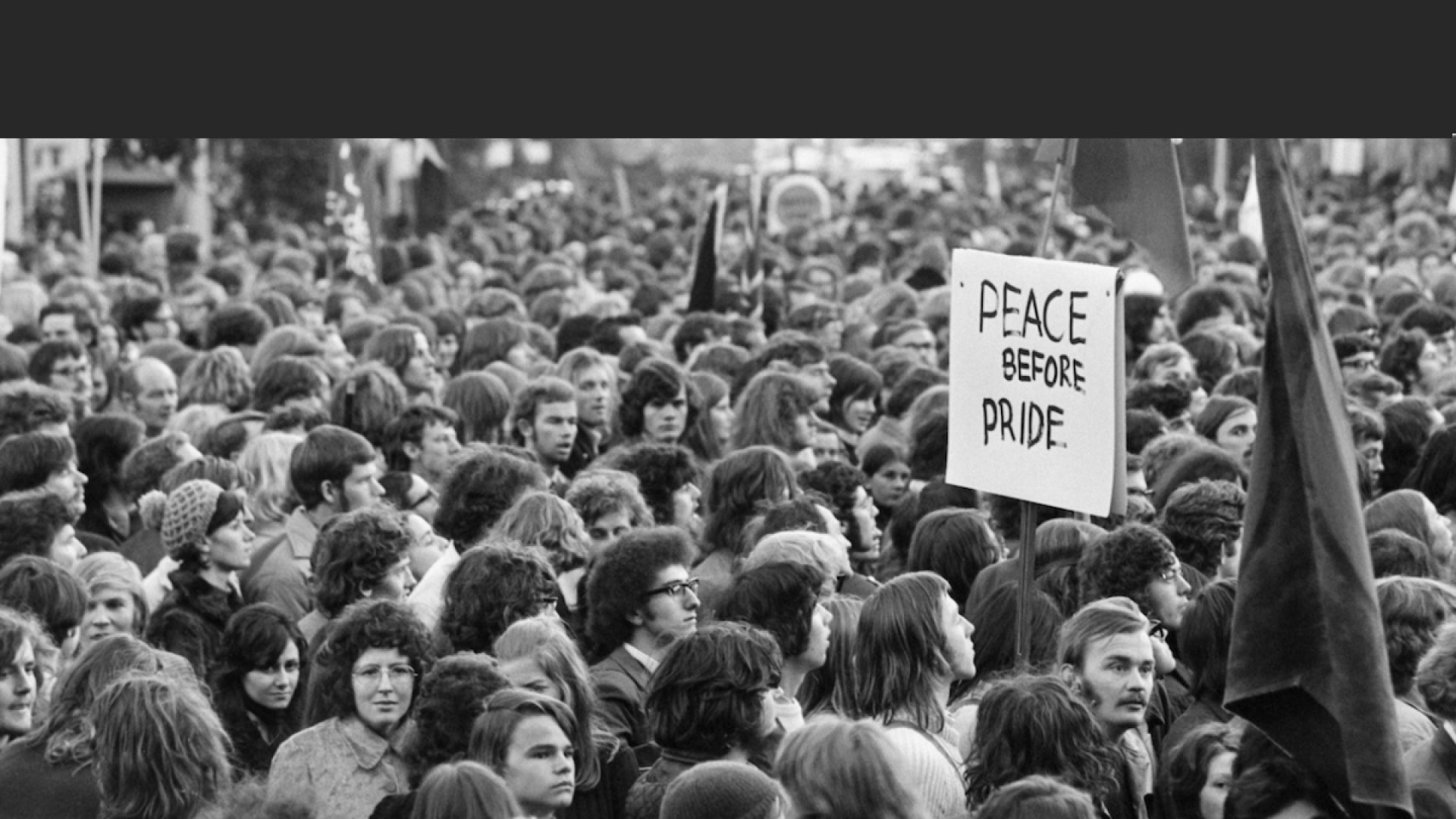Verity Burgmann on Joe Owens

On 20th September the cranes of Sydney stopped for one minute during the memorial service at the NSW Trades Hall to commemorate the life of Joe Owens, who died at the age of 77.
Joe succeeded Jack Mundey as Secretary of the NSW Builders Labourers’ Federation, a position he occupied from 1973 to 1975 when the green bans were at their height and the battles against the developers fiercest, including the fight to preserve The Rocks. Interviewed in the press in 1973, Joe argued that unions had ‘the ability to restrain corporations and prompt governments to reconsider foolish decisions’, so should concern themselves with ‘important social issues’ such as protection of environment and heritage.
In her eulogy, Joe’s widow Jan stated that ‘Joe’s commitment to the struggle to get better wages and conditions for building workers was total’. Born in Durham County in the north of England, Joe’s Welsh father was an underground coalminer in an industry where wages were low and the men frequently sick with ‘black lung’ from the lousy conditions in the mines. After arriving in Australia in 1958 by skipping ship as a seaman, Joe cut cane in Queensland before taking up work as a dogman in the Sydney building industry, where he also became a member of the Communist Party of Australia. As a dogman and during his period as Assistant Secretary (1970-1973), Joe campaigned against the dangerous practice of ‘riding the hook’ and was instrumental in establishing the principle of two dogmen per crane, not one as the employers wanted.
When NSW Premier Robert Askin announced drastic anti-strike legislation, Owens commented: ‘It simply proves what so many people have thought for a long time—that Sir Robert has one of the finest minds of the nineteenth century.’
Jan was also right in stating of Joe that he was a gifted public speaker and at union meetings and Green Ban gatherings could hold an audience spellbound, reducing the complex to the understandable and breaking the serious with wit and humour. Joe was great company and his contribution to the cause immense.
